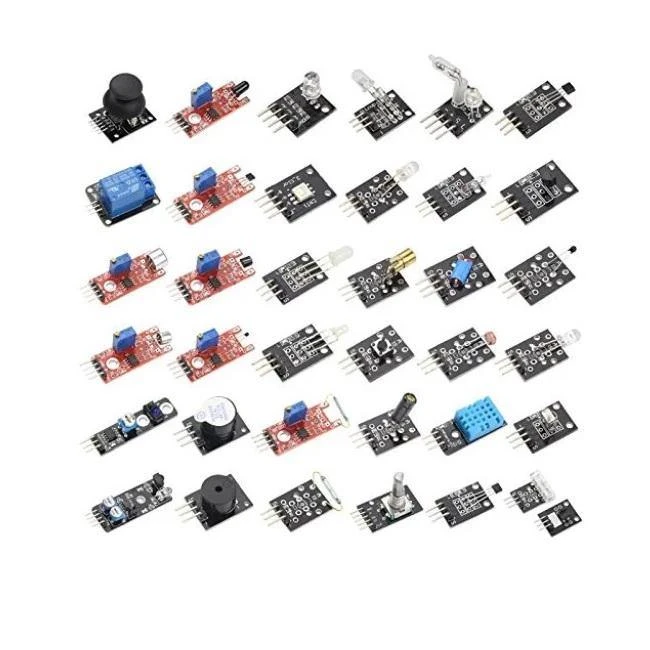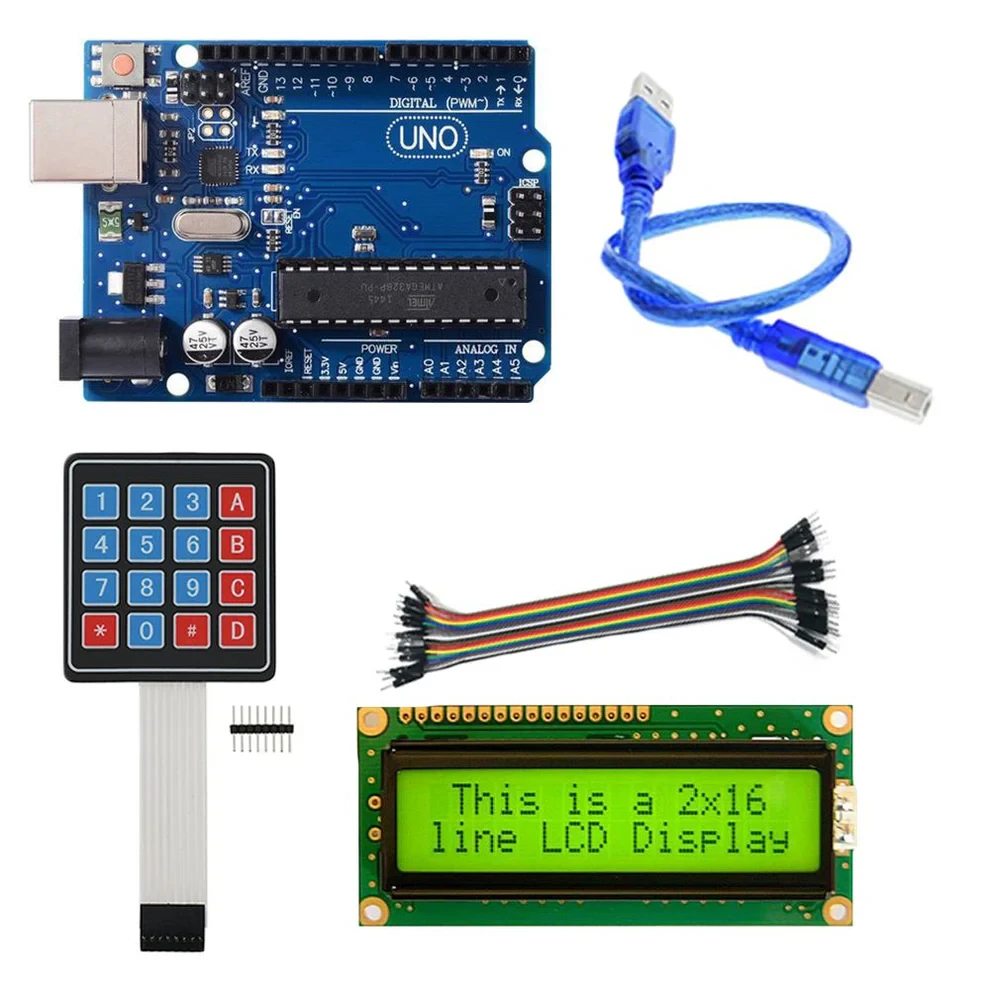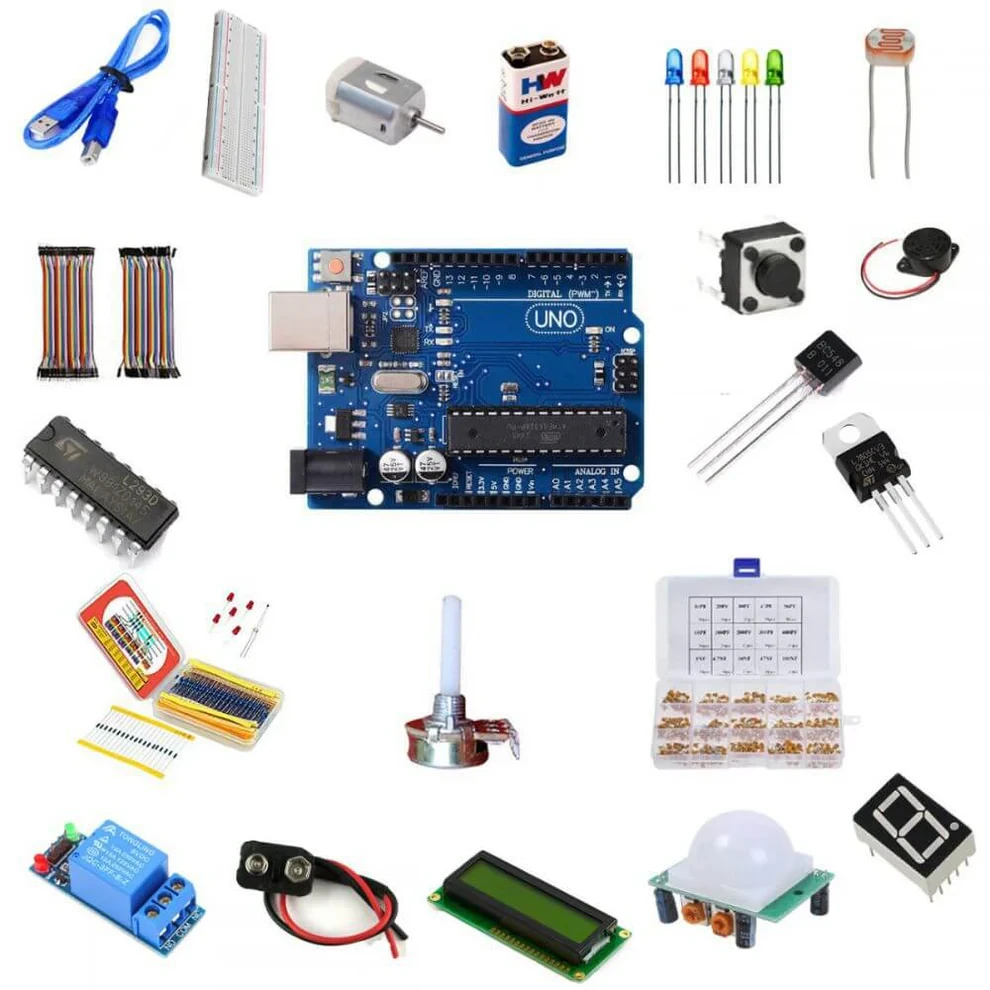
The Smart Dustbin Management system represents an innovative approach to waste management, leveraging technology to enhance efficiency and sustainability. Traditional waste management systems are often plagued by inefficiencies, such as irregular collection schedules, overflowing bins, and underutilized resources. Smart dustbin management addresses these issues through the integration of Internet of Things (IoT) devices, real-time data collection, and advanced analytics.
Working :
At the core of the system are smart dustbins equipped with sensors that monitor the fill levels of waste in real time. These sensors can detect when a bin is nearly full and send alerts to the central management system. The data collected from these sensors is transmitted over wireless networks to a cloud-based platform, where it is analyzed to optimize waste collection routes and schedules. This real-time monitoring ensures that bins are emptied at the right time, reducing the likelihood of overflow and minimizing the frequency of waste collection trips. The integration of GPS technology allows for precise tracking of waste collection vehicles, enhancing route efficiency and reducing fuel consumption. By mapping the most efficient routes based on real-time data, the system can significantly cut down on operational costs and environmental impact. Additionally, the use of data analytics helps in predicting waste generation patterns, enabling proactive management of waste collection resources and better allocation of manpower.
Smart dustbin management also contributes to environmental sustainability. By ensuring that waste is collected and disposed of promptly, it reduces the chances of littering and environmental pollution. The system can also be integrated with recycling initiatives, where smart bins are designed to separate recyclable materials from general waste, promoting higher recycling rates and reducing landfill usage. Public awareness and participation are crucial components of the system’s success. Many smart dustbin management systems include user-friendly mobile applications that allow residents to report issues, track collection schedules, and receive notifications about waste disposal guidelines. This interactive element fosters community engagement and encourages responsible waste disposal habits. Moreover, municipalities and waste management companies can benefit from the cost savings and efficiency gains offered by smart dustbin management. Reduced operational costs, lower fuel consumption, and optimized manpower utilization contribute to a more sustainable and economically viable waste management strategy. The data-driven insights generated by the system also support long-term planning and policy-making, enabling cities to develop more effective waste management frameworks.
In conclusion, smart dustbin management is a transformative approach that leverages IoT technology, real-time data, and analytics to enhance waste collection efficiency, reduce environmental impact, and promote sustainable practices. By addressing the inefficiencies of traditional waste management systems, it paves the way for smarter, cleaner, and more resilient urban environments.
No review given yet!
On prepaid orders above INR 1000
COD available for orders above INR 1000
Shipped within 24 hours
Mon to Sat - 10 AM to 6 PM




